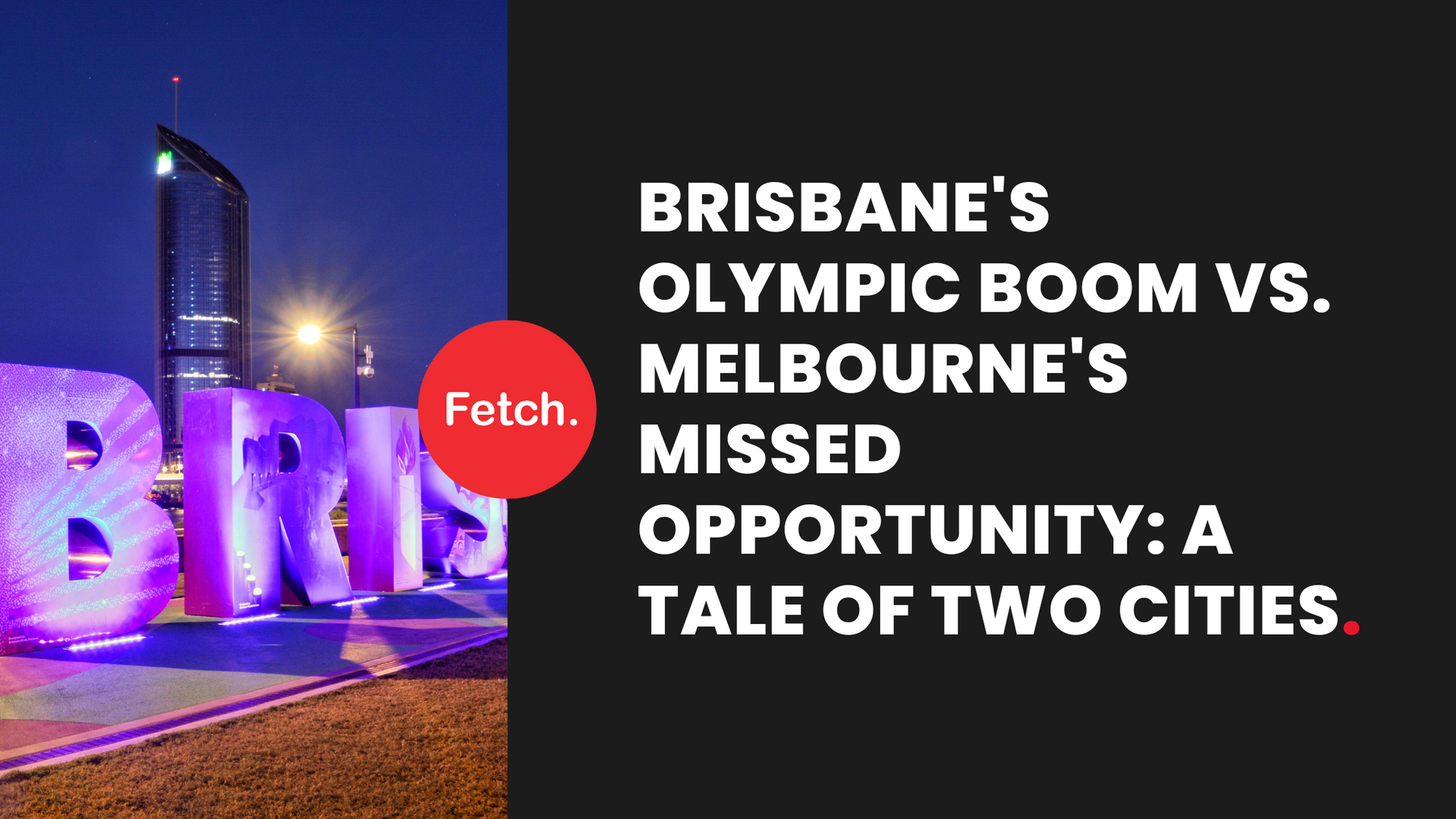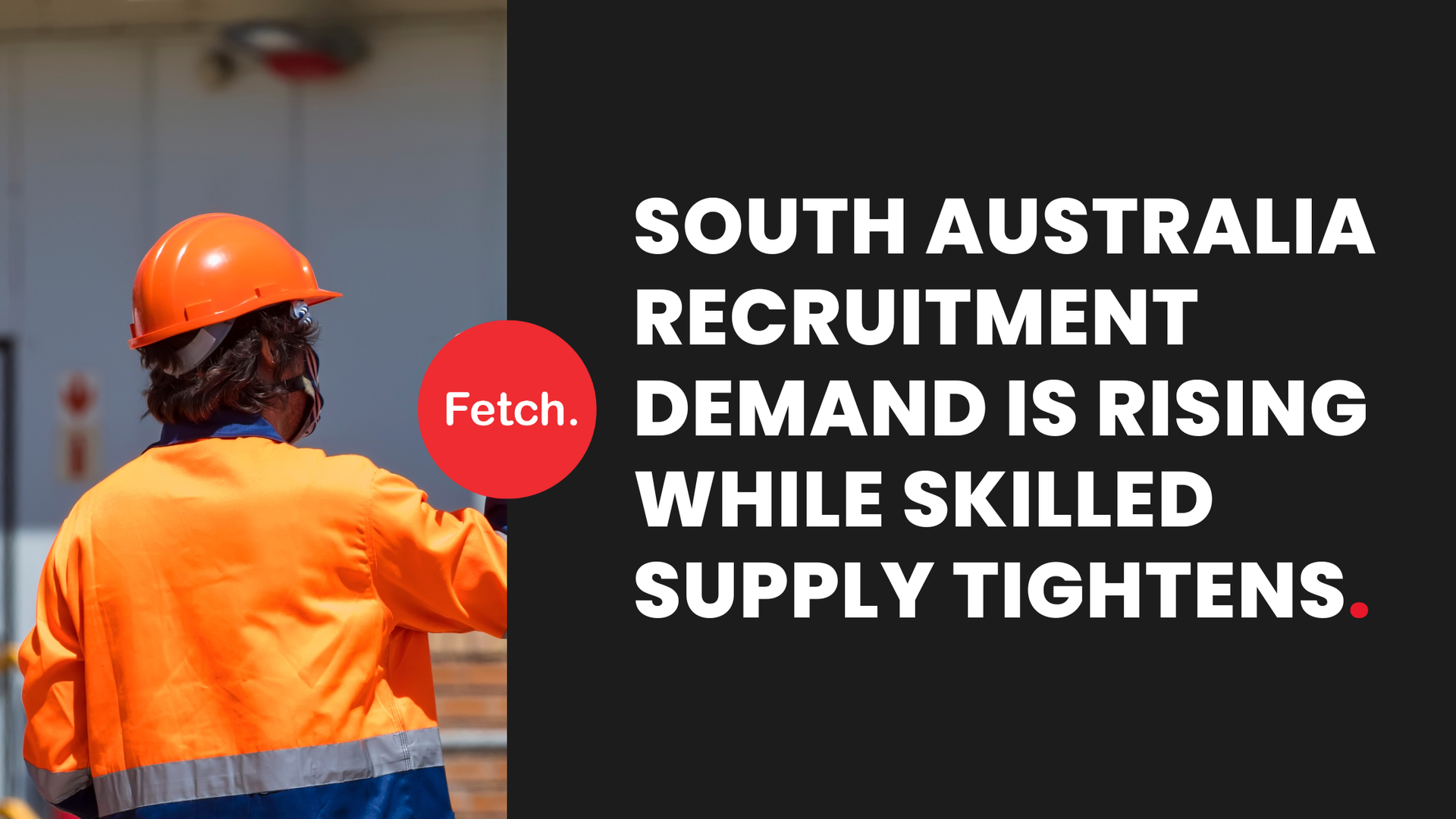
Share This Article
As Brisbane gears up to host the 2032 Olympic and Paralympic Games, the city is experiencing an unprecedented construction boom. This surge is driving billions in investment and transforming the landscape, making Brisbane a thriving hub for development. According to recent reports, the economic impact of the Olympics is projected to reach $275 billion by 2041, signalling a bright future for the city.
Key Infrastructure Projects
Major projects are already underway, with the Olympics serving as a catalyst for Brisbane's transformation. The city is seeing substantial investment in transport infrastructure, including the development of the Cross River Rail and the Brisbane Metro. These projects are designed to enhance connectivity across the region, making the city more accessible for the influx of visitors, workers, and new residents expected over the next decade.
Additionally, plans for athlete villages, new sporting arenas, and other Olympic-related infrastructure are contributing to the construction boom. These developments are not just focused on the Olympics but are designed to leave a lasting legacy, positioning Brisbane as a global city long after the games conclude.
Population Growth and Migration to Brisbane
Brisbane's booming economy and rapidly developing infrastructure are attracting people from across Australia and the world. With the city’s population projected to soar, thousands are expected to move to Brisbane in search of new opportunities in construction, hospitality, and other sectors tied to the Olympics. The city’s population is forecasted to reach 3.6 million by 2041, making it one of Australia’s fastest-growing urban areas.
This population surge is further fuelling demand for housing, which has led to a substantial increase in residential construction projects. New apartment complexes, housing estates, and commercial developments are rising to accommodate Brisbane’s growing population, creating ample opportunities for construction professionals and skilled workers alike.
Opportunities in Construction
For those in the construction industry, Brisbane’s boom offers a wealth of job opportunities. The demand for labour is increasing as the city continues to expand its infrastructure. Whether you're a tradesperson, project manager, or engineer, now is the time to consider making the move to Brisbane. With an extensive pipeline of projects lined up well into the next decade, the city promises long-term opportunities for those looking to build their careers in construction.
Looking Ahead
As Brisbane prepares for the 2032 Olympics, the city is poised to undergo one of the most significant transformations in its history. The combination of Olympic-driven infrastructure projects, population growth, and government investments is setting the stage for a promising future. The construction boom is not just about creating a world-class city for the games; it’s about building a sustainable, thriving metropolis for the future.
With new opportunities on the horizon, Brisbane is quickly becoming the place to be for professionals in construction, engineering, and urban development.
Melbourne's Regret: The Cost of Withdrawing from the Commonwealth Games
While Brisbane’s future looks promising with the upcoming Olympics, Melbourne's recent decision to withdraw from hosting the Commonwealth Games presents a unique opportunity for business development in the construction sector. In 2024, the Victorian government announced its withdrawal from the games, citing spiralling costs and concerns over the financial implications for taxpayers. The decision ultimately amounted to a staggering $596 million in costs related to planning and preparations already made for the event, which has raised questions about the state's capacity to support large-scale projects in the near future.
This shift not only positions Brisbane as the focal point for large-scale infrastructure projects but also raises questions about the potential for Brisbane to become a hub for innovation and growth in urban development. As Brisbane capitalises on the Olympic-driven construction boom, Melbourne may find itself at a crossroads. The absence of the Commonwealth Games means fewer immediate opportunities for construction in Victoria, which could hinder the region's economic growth.
However, this also creates a chance for Melbourne to reassess its strategies and strengthen its existing projects while looking to retain and attract businesses in other sectors. The competition between these two cities is heating up. As businesses and construction firms eye the opportunities in Brisbane, they may need to adapt their approaches to stand out in a market that is rapidly evolving.
The question remains: how can Melbourne leverage its existing strengths to not only retain its talent but also create new opportunities in the face of Brisbane's booming construction landscape? With the rising momentum in Brisbane, Melbourne could soon be left regretting its choice, facing a challenging road ahead while watching its rival city thrive.
Our Managing Director, Brendan Redwood, shares his thoughts on the industry's future:
“Victoria’s at a tipping point - if the government doesn’t start rolling out more projects, we’re going to lose some of our best construction and engineering talent to Queensland and Western Australia. It’s already happening, clients are shifting their teams, and candidates are chasing the work in other states where big projects are taking off. Industry leaders are worried, especially with huge housing and energy targets on the horizon. The government needs to act fast, or we’ll struggle to keep our top talent and hit those critical goals.”


